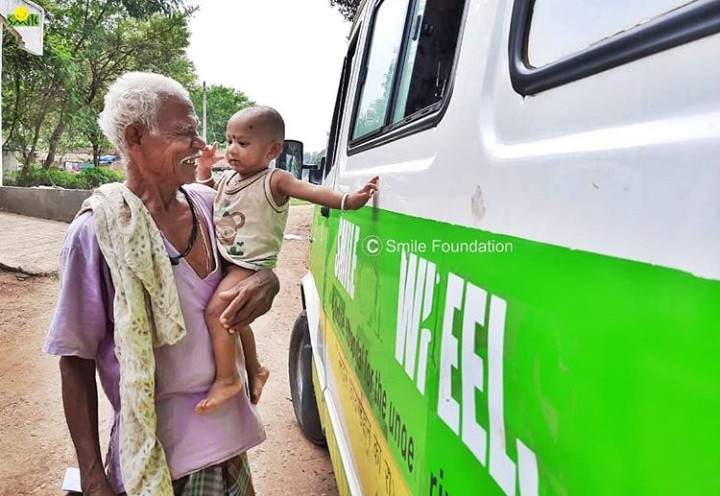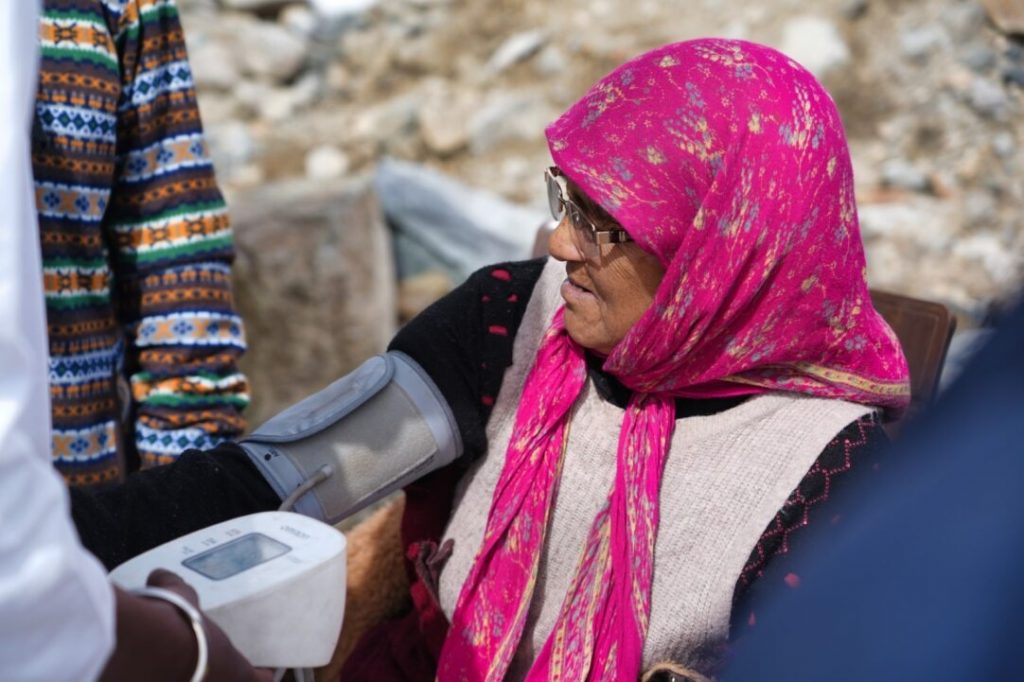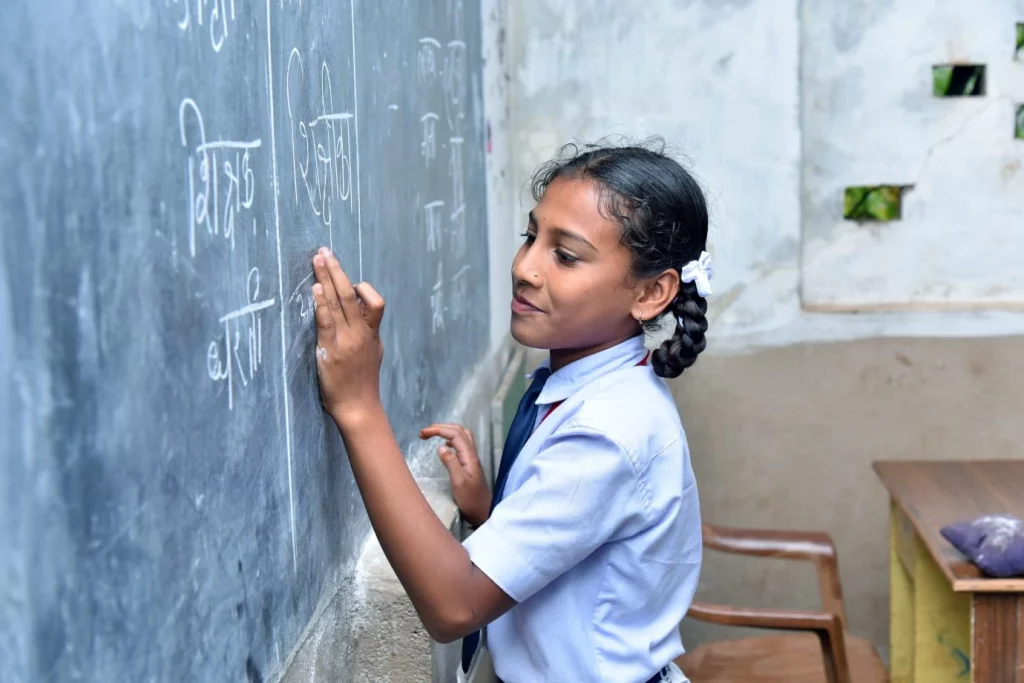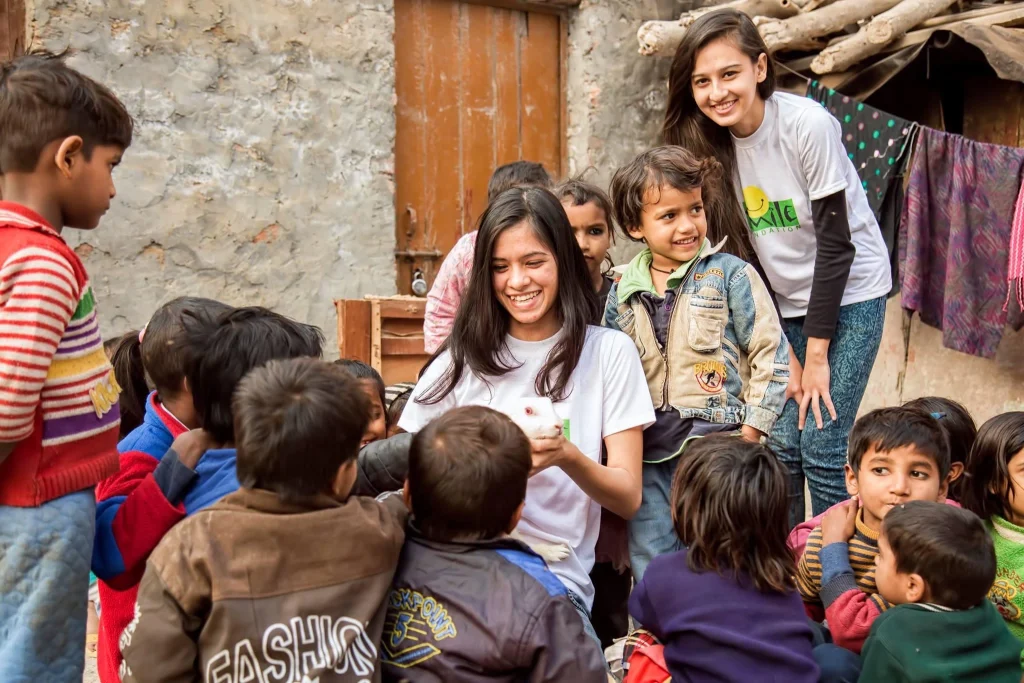Dignity refers to an individual’s “value” or “worth,” and every person, regardless of race, ethnicity, social class, or gender, possesses inherent worth. Additionally, there is a strong connection between health and dignity. Poor health can erode dignity by limiting control over one’s physical state, emotions, and mental capabilities, while being kept out of good medical treatment may constrain personal freedom and is also considered a violation of dignity.
Dignity can be challenged when health is impaired by feeling grief and suffering associated with bodily changes and impaired functions. Women’s dignity is challenged when her privacy is not respected and they have no autonomy and choice in their health interventions. Some steps to ensure a good healthcare system that ensures a life of dignity as well include:
Accessible and affordable healthcare services
When people have easy access to a clinic, both in terms of physical location and pricing, many benefits flow down throughout the community. Accessibility is crucial not just in terms of distance and availability, but also in terms of the services available for cultural and linguistic inclusion. Many towns are now diverse, and clinics and professionals that embrace various languages and cultures, and give respect to all patients can make a significant difference in medical service. As a result, such efforts will ensure that no one falls behind, whether financially or culturally.
Integration of advanced technology
The implementation of a system and framework for managing patient health records is essential. An absence of it results in the loss of essential long-term data for diagnosis and patient health history, weakened informed and effective therapy, and the incapacity of a provider to monitor individual patient care over a longer period. Telemedicine has the capacity to mitigate disparities in the availability of qualified healthcare personnel between rural and urban regions.
Community engagement and health literacy
Informed individuals exhibit a higher capacity for preventive measures and comprehend the need for prompt medical attention. Health literacy encompasses the capacity to comprehend medical advice and treatment regimens provided by physicians. It also encompasses comprehending how to manoeuvre through the healthcare system. It can assist individuals in adhering to medical recommendations and medicines. Wellness-oriented events, mental health discussions, and chronic disease management forums foster a health-promoting culture.
Access to palliative care
Palliative care is not available in small towns. Chronic diseases like heart disease, cancer, and diabetes are serious and widespread public health issues. Poor health, failing bodies, increased symptom burden, incapacity to function and cognitive decline are all results of deteriorating physical function caused by chronic diseases. Palliative care is critical for these patients, and one of the most important aspects of that treatment is respect for dignity and human rights, regardless of nationality, ethnicity, religion, race, age, gender, disability, or sociopolitical situations.
Training local healthcare providers
This strategy aims to make use of current unskilled medical practitioners by teaching them how to properly diagnose and treat common ailments. Existing local healthcare professionals have built confidence in the community. It makes sense to collaborate with or hire current rural healthcare professionals and give them basic training and equipment to raise their effectiveness and serve as points of contact for more significant medical concerns.
Empathy and respect
Recognizing patients’ feelings and responding with empathy, understanding, and respect can significantly improve their overall experience and make them feel respected and eased.
Female-specific initiatives and spaces
The health of women and how to deal with them are critical components of a good healthcare system. Safe spaces and educated individuals are essential in a variety of cultural and geographical circumstances where women may feel uncomfortable receiving health assistance in public places. Women’s rights to dignified and respectful healthcare throughout pregnancy and childbirth must be emphasised more strongly. Elderly women with declining health may require home care services, such as carers who visit home and respect their lives and habits, allowing them to heal.
Health and dignity are often interconnected, as a person’s sense of dignity relies on their self-perception and how others perceive them. The differences in health outcomes between big and small towns highlight the inequities faced by populations in smaller communities. Everyone has the right to be involved and empowered in decisions that affect their health. Therefore, it is crucial to design health systems that prioritize the needs of individuals, ensuring that everyone receives the right care at the right time and place. This is the fundamental principle of universal health coverage: everyone is able to access the necessary health services, irrespective of their religion, financial status, education, gender or race.
Smile Foundation’s healthcare initiatives
Smile Foundation’s healthcare initiatives have significantly enhanced public health in India’s small towns and rural areas, ensuring that dignity and health are accessible to all. Through the ‘Smile on Wheels’ (SoW) program, the foundation deploys fully equipped mobile healthcare units staffed with doctors and health workers to deliver essential medical services directly to underserved communities. These units conduct regular outpatient department (OPD) sessions, provide diagnostic services, distribute medicines, and facilitate referrals, thereby addressing mobility and accessibility challenges in remote regions.
In addition to mobile units, Smile Foundation has established e-Arogya Clinics in collaboration with local health departments and corporate partners. These telemedicine centers connect patients from remote locations with specialized medical professionals through digital platforms, enabling timely consultations, diagnoses, and treatment recommendations. This approach not only reduces the need for long-distance travel but also ensures that marginalized populations receive quality healthcare. Notably, more than 50% of the beneficiaries of these e-Arogya Clinics are women, highlighting the foundation’s commitment to empowering women and ensuring their access to healthcare services.










